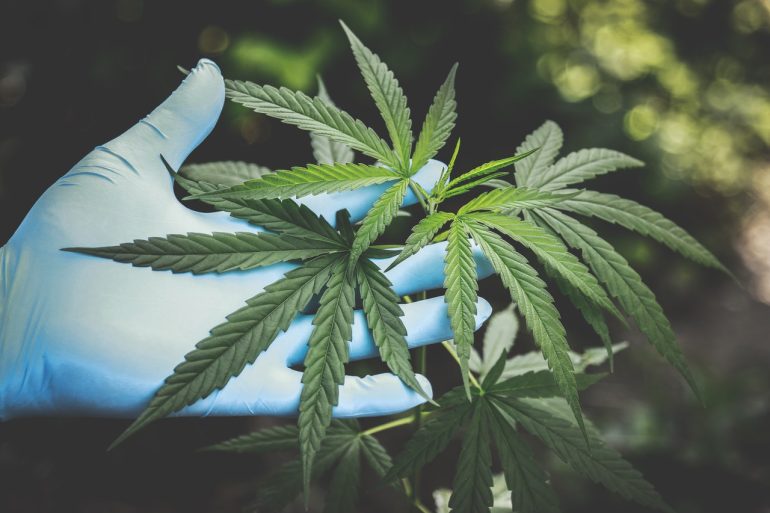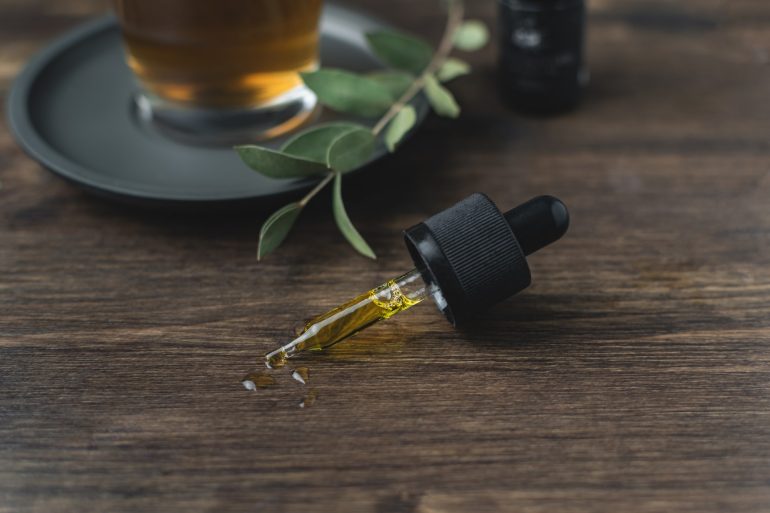By this point it’s become almost a memetic cliché that hemp and its related products have several health benefits, but that they’re primarily illegal due to political opposition on moral grounds. Indeed, hemp is a controversial topic, generally opposed by folks on the political or religious right. Fortunately, the overwhelming majority of people are coming around to understanding that there’s nothing to be afraid of and nothing morally wrong with using a natural, effective substance, either for recreation or for its many health benefits.
Much of the moral panic surrounding hemp is, funnily enough, due to a complete lack of understanding of what hemp is. While it comes from the same species of plant as the cannabis we know and love for its mind-altering properties, the cannabis sativa plant that hemp comes from contains very little TCH, the psychoactive chemical that gives its more popular brother the ability to get a user high. It gets looped in with marijuana by those who don’t take the time to understand the difference. While it’s legal to buy and sell anywhere, people tend to avoid it due to its association with the drug. You can click here if you want to view more. There are plenty of reasons to incorporate it into your life, and today we’re going to demystify it and go over its benefits.
A Robust and Historic Industry

Cannabis plants have always been useful for making unique, robust products. In fact, the cannabis sativa plant has traditionally been valued for its fibers, which are excellent for creating a wide variety of products, and not for its potency as a drug. Despite this, growing and maintaining any kind of plant from the family requires a permit from the Drug Enforcement Agency due to its association with the naughty version that goes in a glass pipe. Industrial hemp has two primary uses: fibrous product and seed products. An acre of the plant is an extremely high yield crop. As you can see here, a single acre can produce 5,300 pounds of raw straw that can be further refined into 1300 pounds of workable fiber.
From there, the fiber can be spun and woven into a thousand different things. The textile industry benefits most from this process. You’ve probably seen colorful woven shirts and hoodies made of the stuff, the kind that instantly evokes images of college students complete with hacky sacks and joints. In fact, there are plenty of clothing and adjacent products you can make with a good bunch of hemp fibers. You can find it in shirts and jeans, as one might expect, but also canvas bags, hats, and even jewelry bands. Paper and rope are also popular products that come from the industry.
Until the 1920s, a majority of clothing in America was made from hemp, and it saw a spike in production during World War II as a stable crop capable of aiding the war effort through production of critical goods like rope and canvas. After the war, however, the 1950s saw a massive decrease in popularity due to the burgeoning war on drugs. The industrial crop was guilty by association, and was unfairly grouped in with the moral panic that defined the McCarthy era of politics. Regardless of what your personal stance on the drug might be, condemning one of the most robust and important crops in the nation’s history was short-sighted and ill-informed at best. Fortunately, modern campaigns are beginning to reverse this stigma, and production is recovering.
The Health Benefits of Seeds and Oil

While fibers are the most common product of yesteryear, modern cultivation focuses more on a booming market that demands oil and seeds. Both of them have become cornerstones of an entire market due to their versatility and array of health benefits. The seeds are particularly nutritious, and can be eaten raw, either with or without their shell. The seeds are antioxidants, and can help maintain a healthy internal biome by reducing the number of free radicals in your bloodstream. They’re high in both omega-3 and omega-6 fatty acids, which is one of the reasons that they’re sometimes used in creating the supplement pills you see on the shelves of your local pharmacy. The seeds can also be ground into a meal which is useful for cooking, imparting their benefits into the food you eat as well.
While peer-reviewed studies on hemp oil and its benefits are few, those that do exist show promising results. As you can see at https://www.webmd.com/diet/hemp-health-benefits-nutrition-use, the oil is extremely rich in vitamin E, a vital part of your immune system’s function. The oil is also high in gamma-linolenic acid, or GLA, a compound that has been linked to reducing the symptom of post-menstrual syndrome. Vegetarians and vegans know that they’re rich in plant protein, making them a low-calorie supplement to replace meat in the diet. The seeds and oil are extremely easy to digest, making them a fantastic option for improving digestion and gut health by promoting beneficial bacteria in your digestive system’s natural biome.

More research is needed to establish more health benefits, but what we already know is more than enough to justify its use in a healthy, balanced lifestyle. As more people come around to the inherent benefits of hemp, the market is expected only to grow. Ultimately, the benefits of hemp to industry and the health market cannot be overstated.
